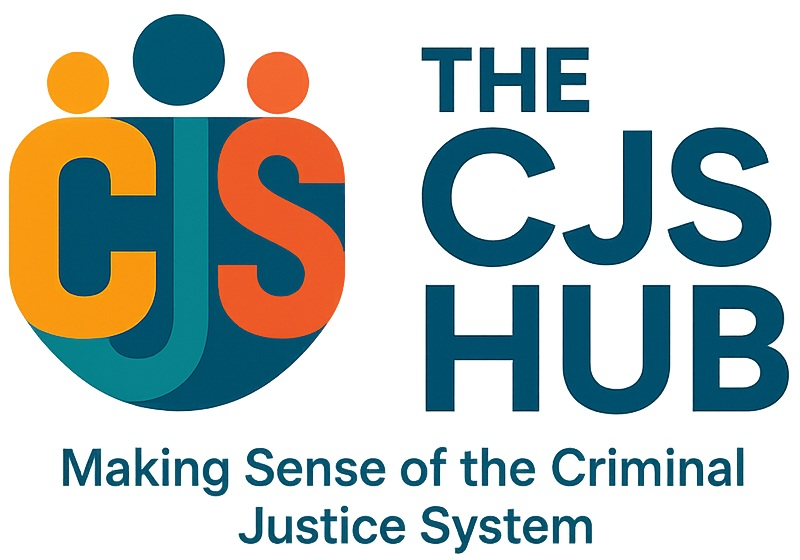Walking out of the prison gates is often described as freedom — but for many, it’s the start of an entirely new challenge. Life after release can feel overwhelming, whether you’re the one coming out or supporting someone who is. There’s relief, yes, but there’s also uncertainty, anxiety, and the weight of rebuilding a life that’s been on hold.
Reintegration isn’t about going back to how things were before — it’s about creating a new way forward. The CJS Hub is here to help you navigate that journey, offering practical advice and pointing you towards the right support.
Facing the First Few Days
The first days after release are often the hardest. Everything feels fast, noisy, and different, especially if someone’s been inside for months or years. Even small tasks — using a bank card, travelling, or accessing healthcare — can feel daunting.
This is also the stage where licence conditions or probation requirements kick in. There might be curfews, reporting times, or restrictions on where you can live or who you can contact. Understanding these rules early on helps avoid mistakes that could lead to recall.
For family and friends, patience is key. Give your loved one space to process everything, but be ready to step in if they need practical help. Sometimes that’s as simple as helping with paperwork, arranging appointments, or offering a quiet place to breathe.
Building a Stable Foundation
Rebuilding life after release starts with stability. That usually means securing three essentials:
- Somewhere safe to live — This could be temporary housing, staying with family, or applying for supported accommodation. Probation and resettlement teams can sometimes help, but spaces are limited, so it’s worth exploring multiple options.
- A source of income — Whether through work, benefits, or a mix of both, having financial stability reduces stress and risk. Finding employment can be challenging with a record, but support organisations exist to connect people with second-chance employers.
- Access to healthcare — Many people leave prison with untreated mental or physical health issues. Registering with a GP and getting referrals where needed is an important early step.
Getting these basics sorted doesn’t solve everything — but without them, rebuilding is almost impossible.
Staying Connected and Supported
For many, release is emotionally messy. There can be shame, anger, anxiety, or even guilt about lost time. Relationships with partners, children, and friends may feel strained or uncertain. Rebuilding trust takes patience and honesty — both ways.
Support doesn’t just come from family. Community groups, peer networks, and mentoring programmes can offer spaces where people don’t have to explain themselves. These networks help with motivation, confidence, and knowing you’re not going through it alone.
Making Use of Available Help
There are organisations across England and Wales dedicated to helping people rebuild after release. From housing charities and employment projects to mental health services and addiction recovery programmes, there is help out there — though it isn’t always easy to find or access.
The CJS Hub is pulling these resources together in one place to make them easier to navigate. Whether you’re looking for practical support, peer communities, or someone who understands what you’re facing, we’ll point you in the right direction.
Life after prison can be challenging, but it isn’t hopeless. Rebuilding takes time, persistence, and support — but with the right help, it is absolutely possible to move forward. Every step, no matter how small, is progress.
The CJS Hub exists to guide you through this stage — connecting you with information, resources, and a community of people who understand what you’re going through.
